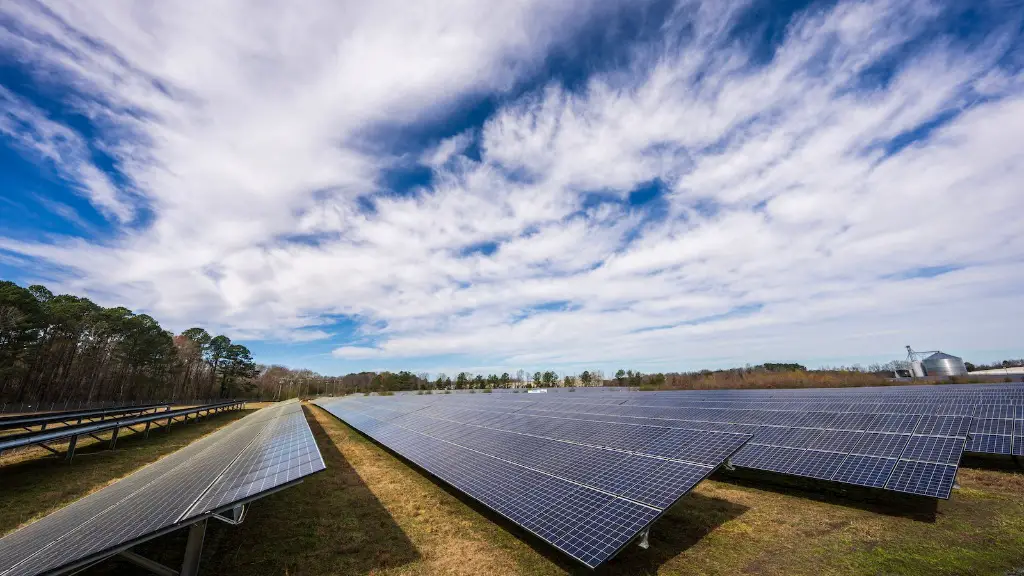In recent decades, global warming has become a pressing environmental issue and is now thought to be a major contributor to climate change. But what is global warming in simple terms? In essence, it is a term used to describe the rise in the average temperature of the earth’s atmosphere and oceans. This gradual rise in global temperatures is largely caused by increasing concentrations of greenhouse gases, such as carbon dioxide, methane, and other gases that trap heat in the atmosphere. Over the last century or so, human activities, such as burning fossil fuels and clearing forested land, have greatly increased these concentrations and thus, the air temperature of the planet has risen significantly.
In short, it is the process of the earth’s average surface temperature increasing as a result of higher concentrations of greenhouse gases in the atmosphere. This increase in temperature can cause numerous climate changes, including rising sea levels, frequent and more intense storms, shifts in ecosystems, and an increase in the spread of disease. It can also cause significant damage to natural habitats,water resources, and infrastructure,not to mention the disruption of livelihoods and economies that are impacted by extreme weather and other environmental changes.
Additionally, the effects of global warming may be exacerbated by other environmental problems, such as deforestation, overpopulation, and pollution. For example, when forests are cut down, there is less opportunity for these plants to naturally absorb and store carbon dioxide, an effect made even worse by air pollution. With fewer trees, the atmosphere can take in more of the carbon dioxide produced by human activities, further amplifying global warming.
One way to help reduce global warming is to cut down on emissions from fossil fuels and replace them with renewable energy sources that emit much lower levels of greenhouse gases. Another way is to make sure that people are informed about the impacts of climate change and do their part in conserving energy and reducing emissions. This can include making small changes in daily activities, such as driving less and using public transport, installing energy-efficient appliances, and even switching to alternative forms of energy such as solar power.
Ultimately, it is important to understand that global warming is a complex problem that could have serious repercussions if not addressed. All individuals, organizations, and governments can make a positive contribution to reduce its effects, but ultimately the solutions will require a collective and coordinated global effort. The potential effects on our planet, its environment, and our societies should inspire us all to act now and make the necessary changes to limit our impact and preserve our planet for future generations.

